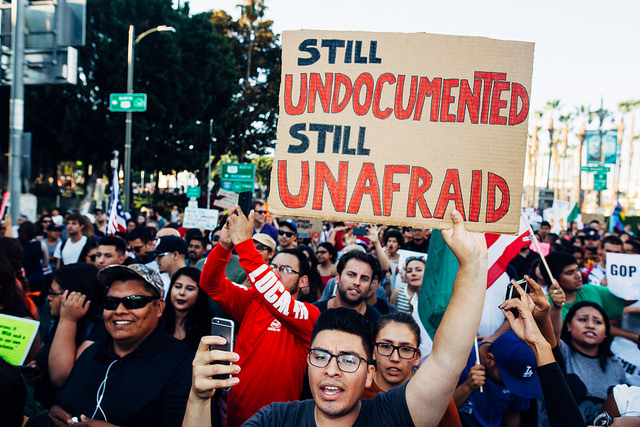Over the course of the last few weeks, our attorneys have uncovered a disturbing trend in the adjudication of H-1B petitions (both cap subject and cap-exempt) that were upgraded to premium processing service in late October through November.
As previously reported on our blog, the United States Citizenship and Immigration Services (USCIS) has been aggressively issuing requests for evidence across the board for all H-1B petitions regardless of occupation and regardless of whether the beneficiary is seeking an H-1B visa for the first time, or an extension of their status. This drastic change was prompted in part by the enforcement of the President’s executive order “Buy American, Hire” in which the President called on the service to “ensure that H-1B visas are awarded to the most-skilled or highest-paid petition beneficiaries.” The result was that USCIS began to issue requests for evidence focusing on the beneficiary’s wage level, questioning the petitioner regarding why the beneficiary was being paid the entry level wage, instead of a higher wage if the beneficiary’s occupation was to be considered complex.
Premium Processing Upgrades
To add insult to injury, as of late, USCIS has been issuing a huge wave of denials for H-1B cases that were recently upgraded to premium processing. In the past, it was commonplace for H-1B petitions to be upgraded to premium processing, even where a response to a request for evidence was under review by USCIS. This fiscal year, however, was a bit different than previous years, because premium processing was suspended for all H-1B petitions on April 3rd. Premium processing finally re-opened for cap-subject petitions on September 18, 2017, and for all H-1B petitions on October 3, 2017.
 Visa Lawyer Blog
Visa Lawyer Blog











